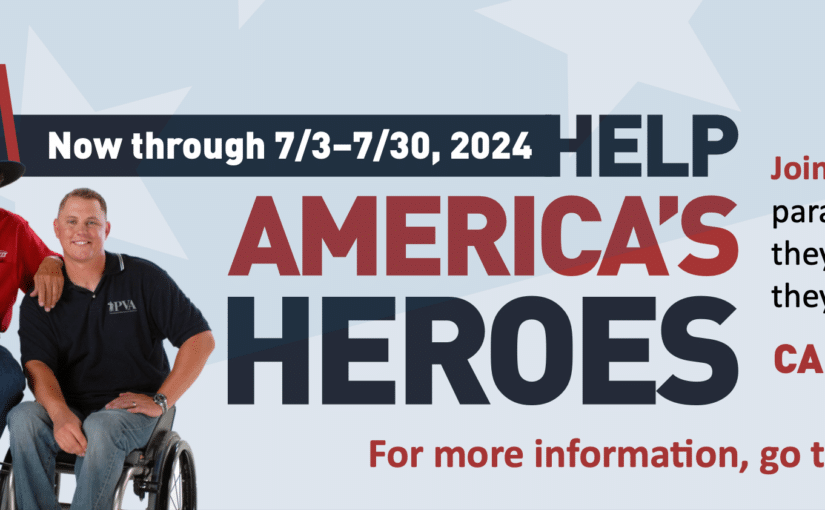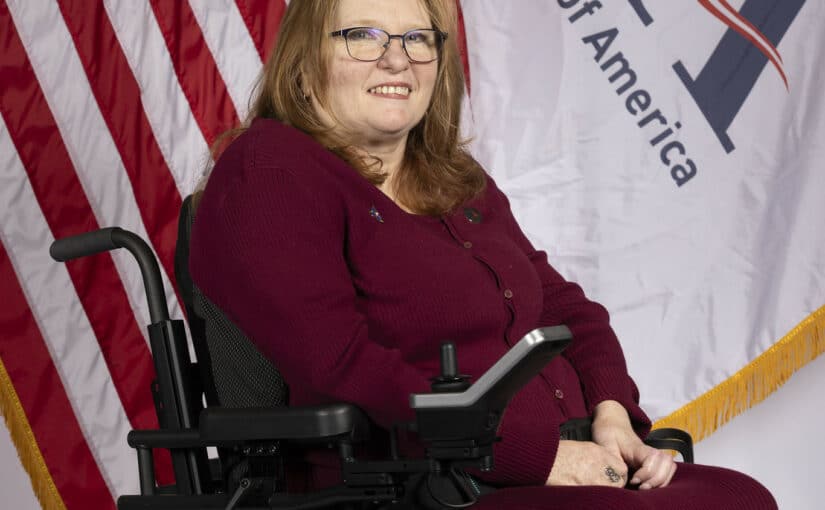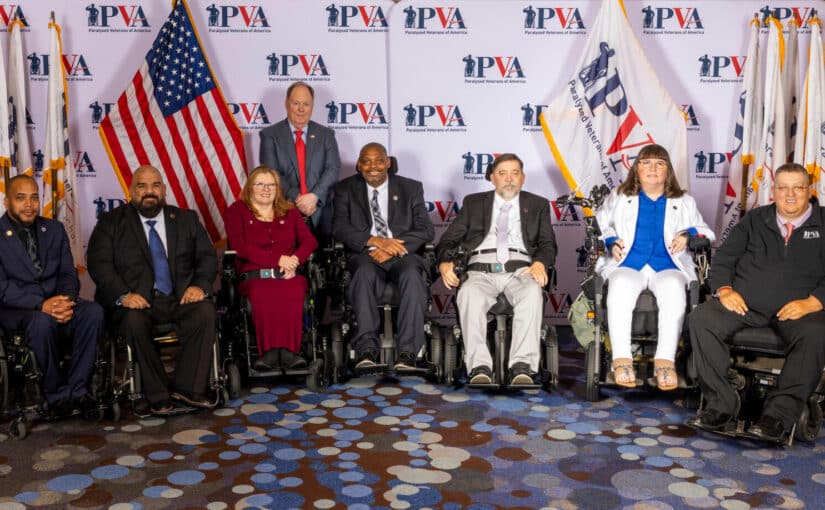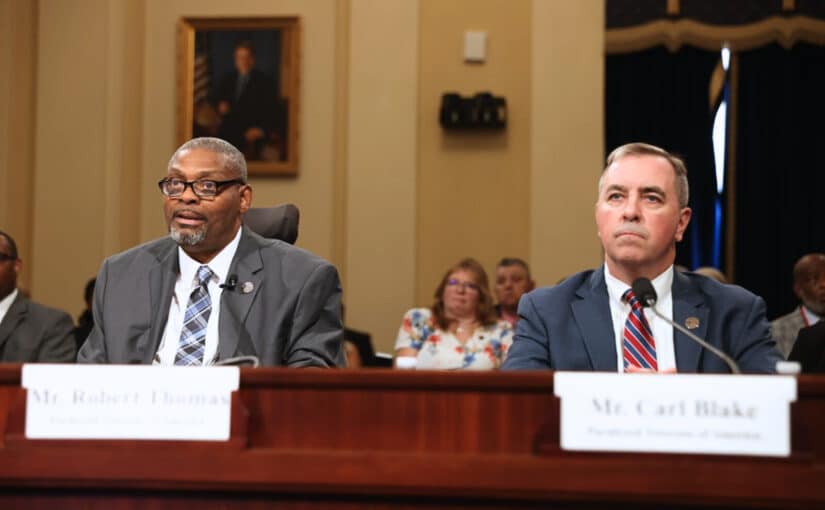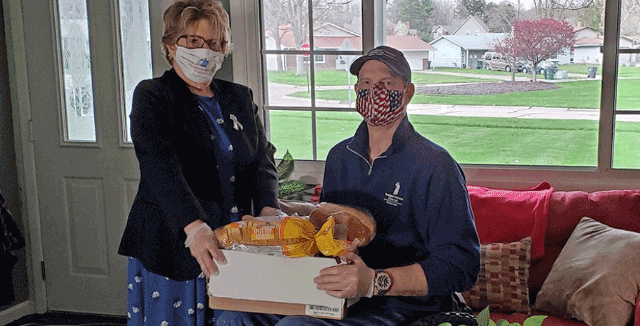
‘Terrified and trapped’: Paralyzed veterans struggle during pandemic
Post Date: May 18, 2020via ![]()
by Niki Wentling, Stars and Stripes
WASHINGTON – Army veteran Stan Brown, a quadriplegic, relies on seven caregivers for nearly everything, from eating and dressing to running errands.
A few weeks ago, when one caregiver showed up to his St. Louis home with a cough, Brown, 72, sent her away and spent the next six hours confined to his bed until his next caregiver arrived for her shift.
Not long after that incident, another caregiver called in sick. She later tested positive for the coronavirus. Brown spent the following two weeks anxiously monitoring himself for symptoms, afraid he had the virus and could spread it to his other caregivers. Though he tried, he was never able to get tested.
“Your mind goes fairly wild,” Brown said. “I kept thinking, ‘Do I have a cough? Am I hot? Do I taste this? Can I smell this?’”
It’s been several weeks since his caregiver tested positive, and Brown hasn’t shown any symptoms. However, he’s still anxious, and he plans to remain inside despite Missouri, his home state, beginning its reopening plan last week. It will be a long time before Brown feels safe, he said.
“I won’t feel back to normal again until we have a vaccine, even if it levels off,” Brown said. “I’m not going to feel safe getting out until that happens.”
As the coronavirus pandemic continues to be a deadly force in the United States, paralyzed veterans are struggling to meet their basic needs, such as buying groceries, according to Paralyzed Veterans of America, which aids and advocates for veterans with spinal cord injuries. The organization is also concerned about the mental health of its members, some of whom already suffer from anxiety, depression and post-traumatic stress disorder.
And for people with paralysis, the coronavirus poses an especially dire risk. The virus attacks the lungs, leading to breathing problems. Some people with paralysis have respiratory insufficiency, according to the Christopher & Dana Reeve Foundation. Because they may not have use of their abdominal or intercostal muscles, which form the wall of the chest, they lose the ability to force a cough, making them susceptible to respiratory infections.
The Department of Veterans Affairs operates 25 Spinal Cord Injuries and Disorders Centers across the country and maintains a registry of 24,531 paralyzed veterans. As of this week, 96 paralyzed veterans had tested positive for the coronavirus, said VA Press Secretary Christina Noel. Of those, 15 veterans – or 16% – have died.
The fatality rate across the U.S. population has been difficult for experts to estimate because of a lack of testing. Early figures have shown that about 5% of Americans who were confirmed to be infected with the virus have died.
According to VA data, 985 of its nearly 12,000 coronavirus patients – or more than 8% – have died.
In comparison, the virus is “kind of a death sentence” for paralyzed veterans, said Tom Wheaton, a paralyzed Navy veteran and the national treasurer of Paralyzed Veterans of America.
Wheaton, 53, has been quarantining with his family at their home in Golden, Colo., for over two months. As a leader of PVA, Wheaton has spent his days checking on members over the phone and on his iPad. He’s worried about their mental health, he said.
“We’re terrified and trapped – a lot more trapped than the general American,” he said. “It’s completely grounded us.”
Wheaton’s wife, Angela, serves as his caregiver, and he’s in constant interaction with their two teenage children. However, a lot of PVA members, like Brown, live alone and rely on hired caregivers to come into their homes – a concept that now creates anxiety and fears of getting sick, Wheaton said.
Members have been calling to do “buddy checks” and encourage each other. Wheaton described the calls as a lifeline during this stressful time.
“The anxiety, depression – we want to make sure those aren’t prevalent with our members,” Wheaton said. “We don’t want them to come close to thoughts of suicide, which is a risk for us, anyway. This last month is not making it easier.”

